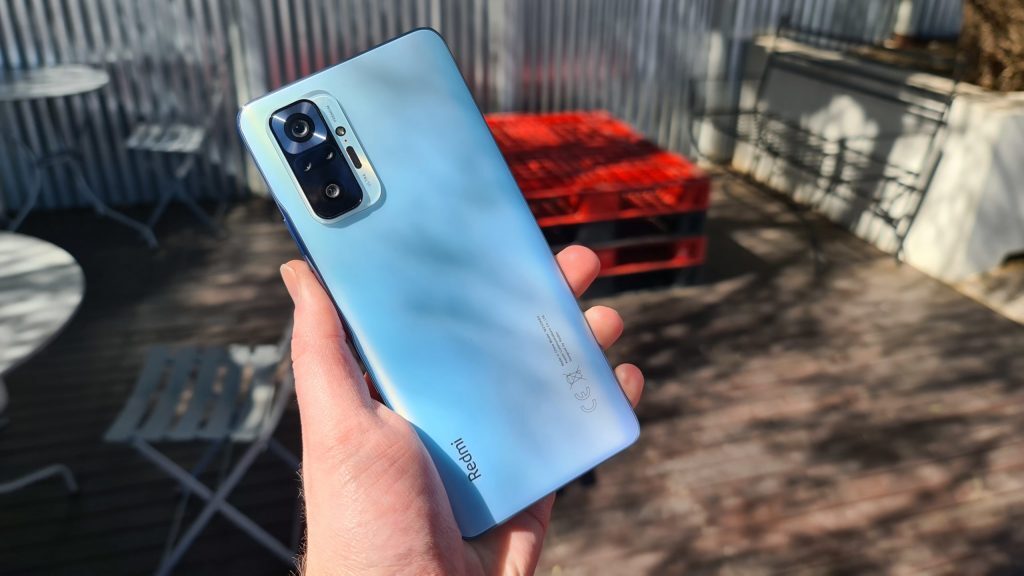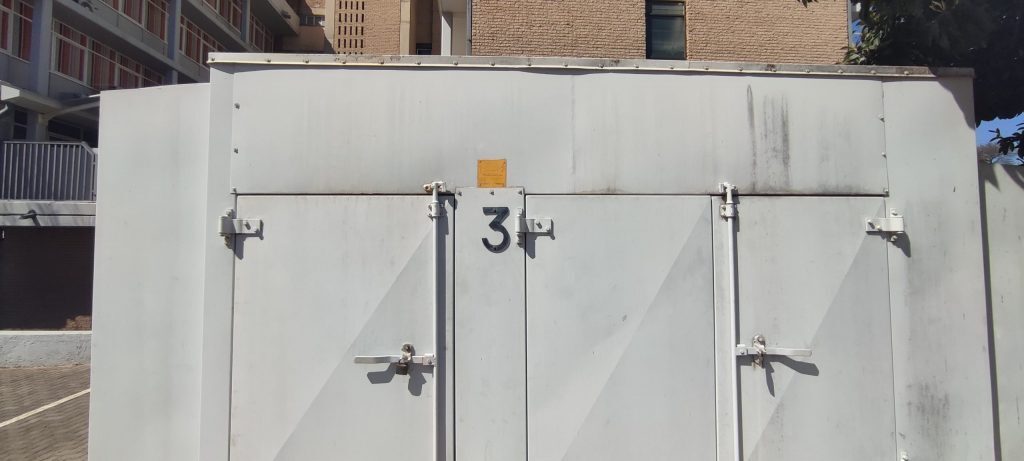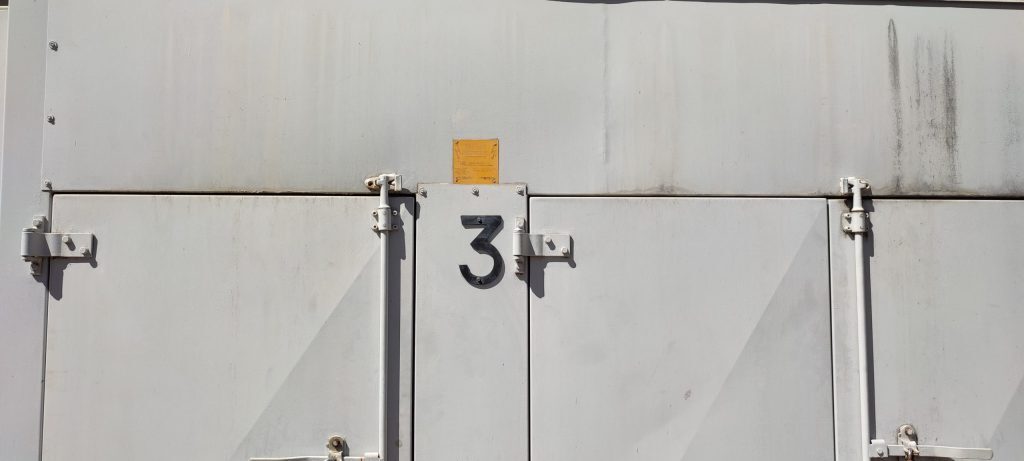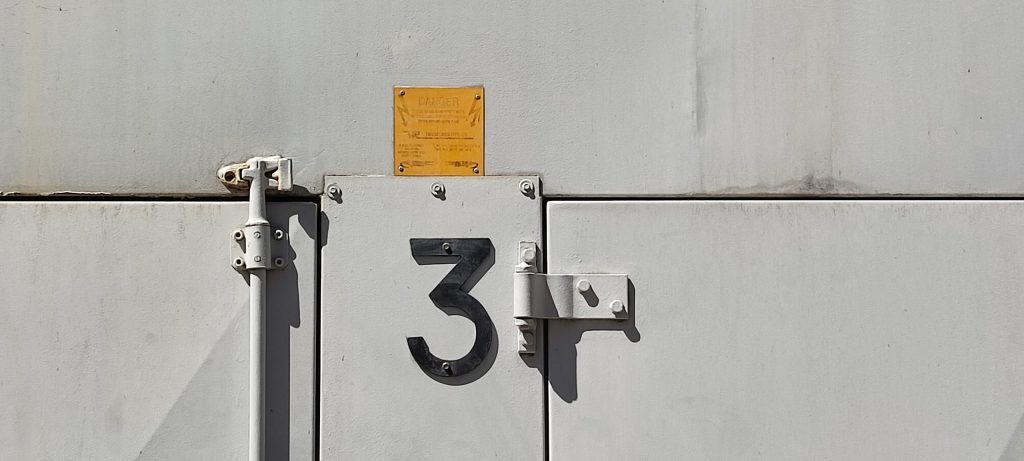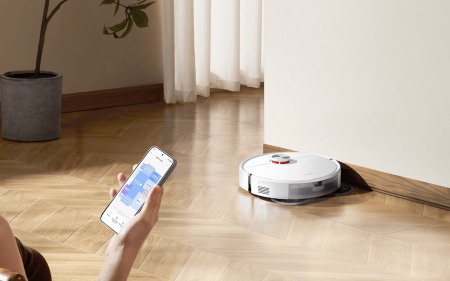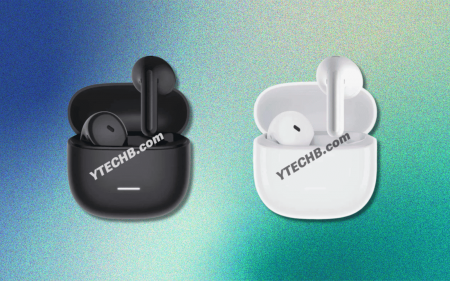There isn't too much to complain about with Redmi Note 10 Pro. Sure, it's missing a few features here and there but those are nice-to-have features, all the must-have features are already present. When you consider the price point, you will struggle to find a better option that can match up with the display, battery and camera performance for the same price. If you're looking for top-tier performance but only have a mid-range budget, the Redmi Note 10 Pro should be near the top of your list.
-
Display
-
Design
-
Performance
-
Battery
When some people say something is too good to be true, they aren’t talking about the Xiaomi Redmi Note 10 Pro. A still relatively unknown brand in South Africa, Xiaomi has been on a rapid and steady incline in the global smartphone market over the last couple of years. Recently, it overtook Samsung as the top smartphone manufacturer in Europe thanks to the 67.1% year-on-year growth in Q2 2021.
Xiaomi has found itself in a very similar position to pre-2019 Huawei before trade bans from the US all but killed its stake in the global smartphone market. That position — providing high-quality, feature-rich devices at an affordable price — allows Xiaomi to be very competitive with big names like Samsung and Apple.
We spent some time with a Xiaomi Redmi Note 10 Pro unit, and while the names of Xiaomi’s different smartphone lineups can be a little confusing. It gets even worse when the midrange devices seem, at least on paper, like a flagship. If you’re up for a round of ‘I can’t believe it’s not a flagship’, then read on.
Display and Design
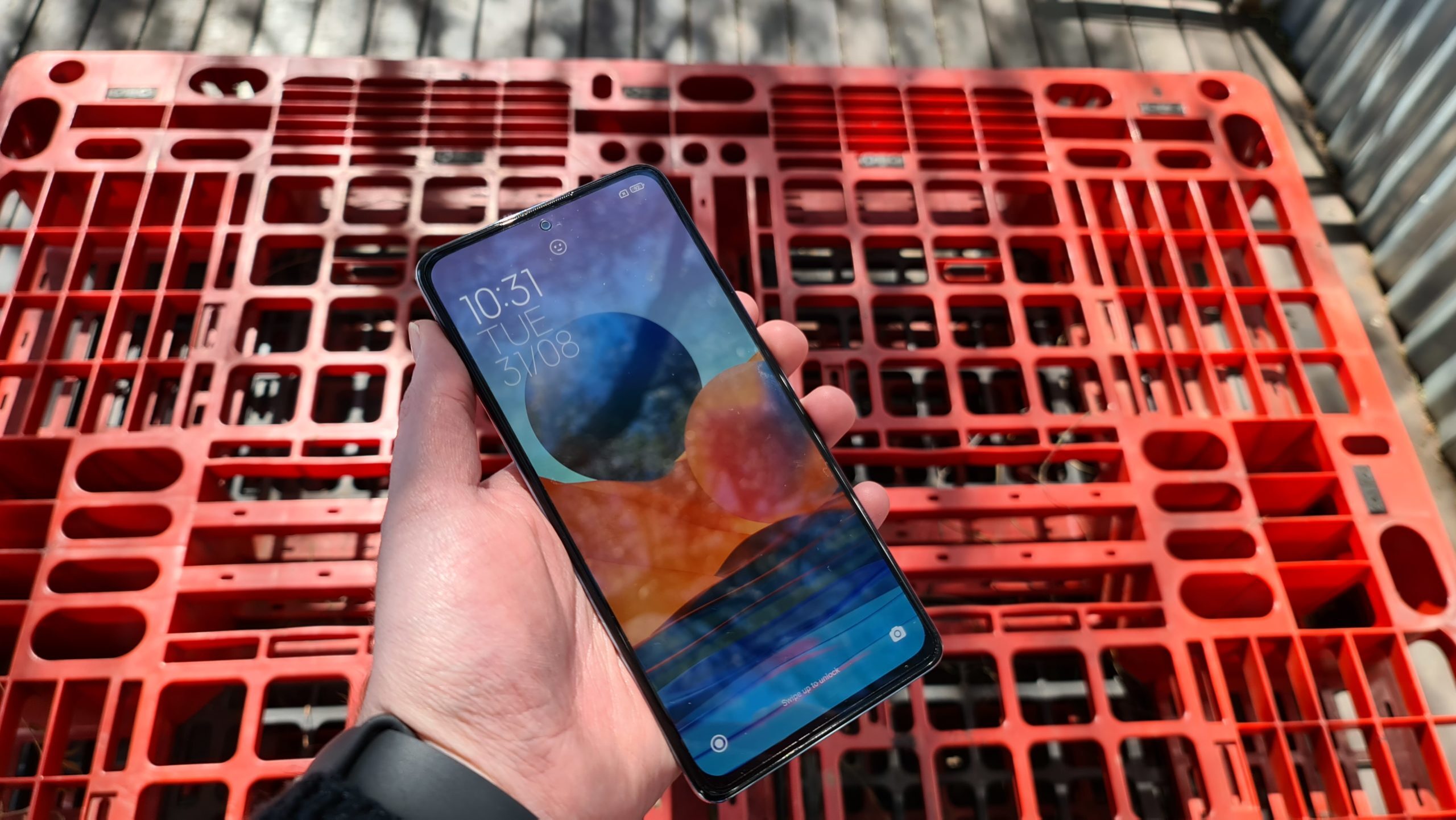 The very first thing you notice when you turn the device on is the crisp 6.67in AMOLED 1080p display. With an option to switch it to 120Hz, it edges ahead of competing mid-range devices, most of which can only offer 90Hz. It measures 163mm tall, 76.5mm wide and 8.1mm thick. In terms of the feel in your hand, those numbers translate into a rather slim glass sandwich that sits in your hand comfortably. It’s also lighter than you might expect weighing just shy of 200g.
The very first thing you notice when you turn the device on is the crisp 6.67in AMOLED 1080p display. With an option to switch it to 120Hz, it edges ahead of competing mid-range devices, most of which can only offer 90Hz. It measures 163mm tall, 76.5mm wide and 8.1mm thick. In terms of the feel in your hand, those numbers translate into a rather slim glass sandwich that sits in your hand comfortably. It’s also lighter than you might expect weighing just shy of 200g.
I mentioned ‘glass sandwich’ before as both the front and back are protected by Corning’s Gorilla Glass 5. Down the right side, you’ll find the volume rocker and power button that also serves as a fingerprint reader. Along the top are the nearly-extinct headphone jack and equally rare IR blaster, allowing you to use your phone as a remote for things like a TV. Also on top is one of two stereo speakers, and while not front-facing, still manage to provide a decent stereo performance. Around the back is a stepped camera bump which houses the array of sensors, more on that soon, and along the bottom is the USB-C charging port. Starting to sound like a flagship yet?
Camera
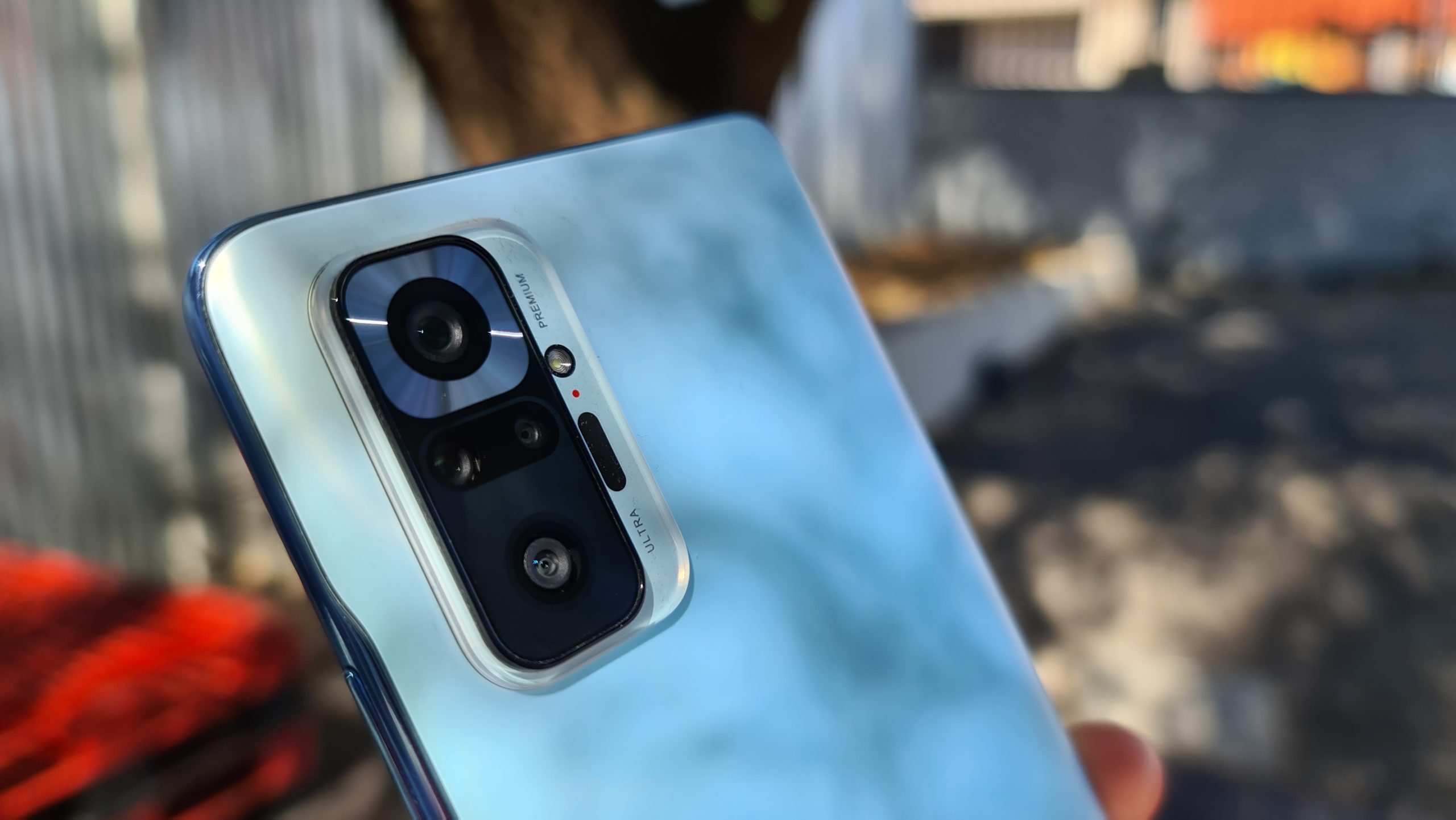 A megapixel count doesn’t always mean the bigger the number, the better the picture. But in the mid-range, a 108MP sensor is very surprising. It is accompanied by an 8MP ultrawide sensor, a 5MP telemacro camera and a 2MP depth sensor. The choice of sensors along with the software options make this a very appealing purchase for a budding photographer.
A megapixel count doesn’t always mean the bigger the number, the better the picture. But in the mid-range, a 108MP sensor is very surprising. It is accompanied by an 8MP ultrawide sensor, a 5MP telemacro camera and a 2MP depth sensor. The choice of sensors along with the software options make this a very appealing purchase for a budding photographer.
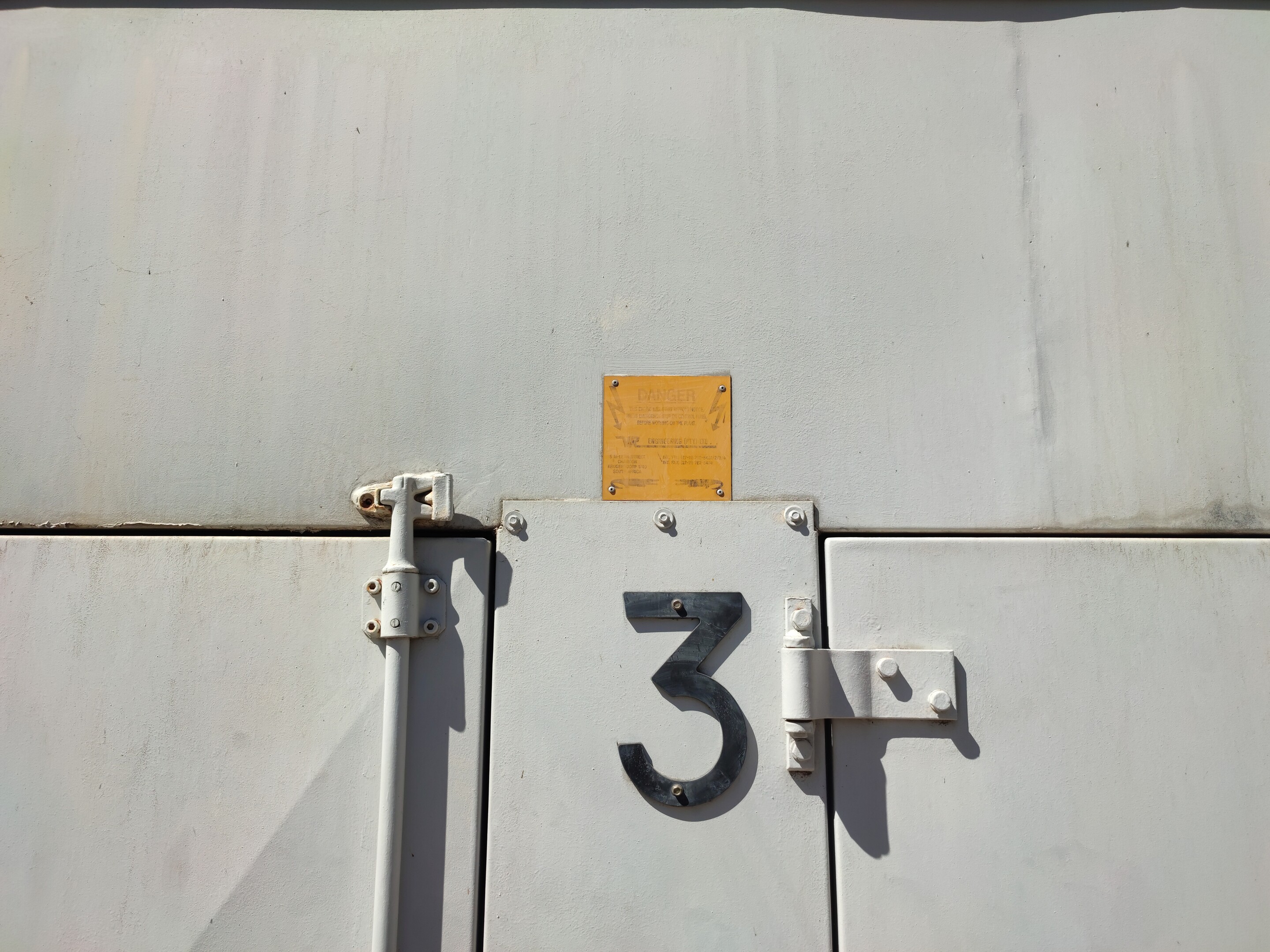
The areas where you start to notice that the Redmi Note 10 Pro isn’t actually a flagship, is the low-light performance and lack of optical image stabilisation. But that being said, compared to other devices at this price, it’s one of the best.
Around the front, you’ll be snapping selfies with a 16MP camera. Edge detection is handled pretty well in portrait mode. Xiaomi’s very aggressive beauty options come standard, so if you’re aren’t a fan of overly soft edges and cartoonishly big eyes, you can dial them down. Or don’t, that’s up to you.
If you’re more of a videographer, the 108MP on the back can manage 4K at 30 fps and 1080p at 30 or 60 fps. The selfie camera can do 1080p video at 30 fps or 720p at 120fps, though we’d recommend you stick to 1080p. The footage holds its own but again fails to impress in low-lit conditions.
Performance and battery
Advances in smartphone chipsets have come a long way in recent years. The Qualcomm Snapdragon 732G in the Redmi Note 10 Pro could have been considered a flagship chip only a few years ago. In a mid-range device of today, it performs well, helped along by the snappy 120Hz display.
That being said, hardcore gamers will need to look for a more powerful device because, while the Redmi Note 10 Pro can hold its in the latest titles, it’ll need to be at lower quality settings.
As for the rest of the internals, our unit came with 6GB of RAM and 128GB of storage. You can also find a 6GB/64GB flavour or a more spacious 8GB/128GB setup.
Xiaomi’s MIUI skin over Android 11 is an acquired taste. For those who acquire it, there will still be a few hiccups and detractors, like ads within apps and the bloatware that comes installed by default. Some of the default apps can be quite useful, like the entire Google suite. Something that has allowed Xiaomi to fill the void left by Huawei after it was blue-ticked by the US.
As for battery size and charging performance, we’re back to playing ‘I can’t believe it’s not a flagship’. The 5020mAh cell means you’ll get a full day of on-screen time even with all the extra features like 120Hz and the Always-on display enabled. When it does eventually need a charge, if you use the included 33W charger you’ll be able to get a full charge in just over an hour.
Redmi Note 10 Pro Verdict
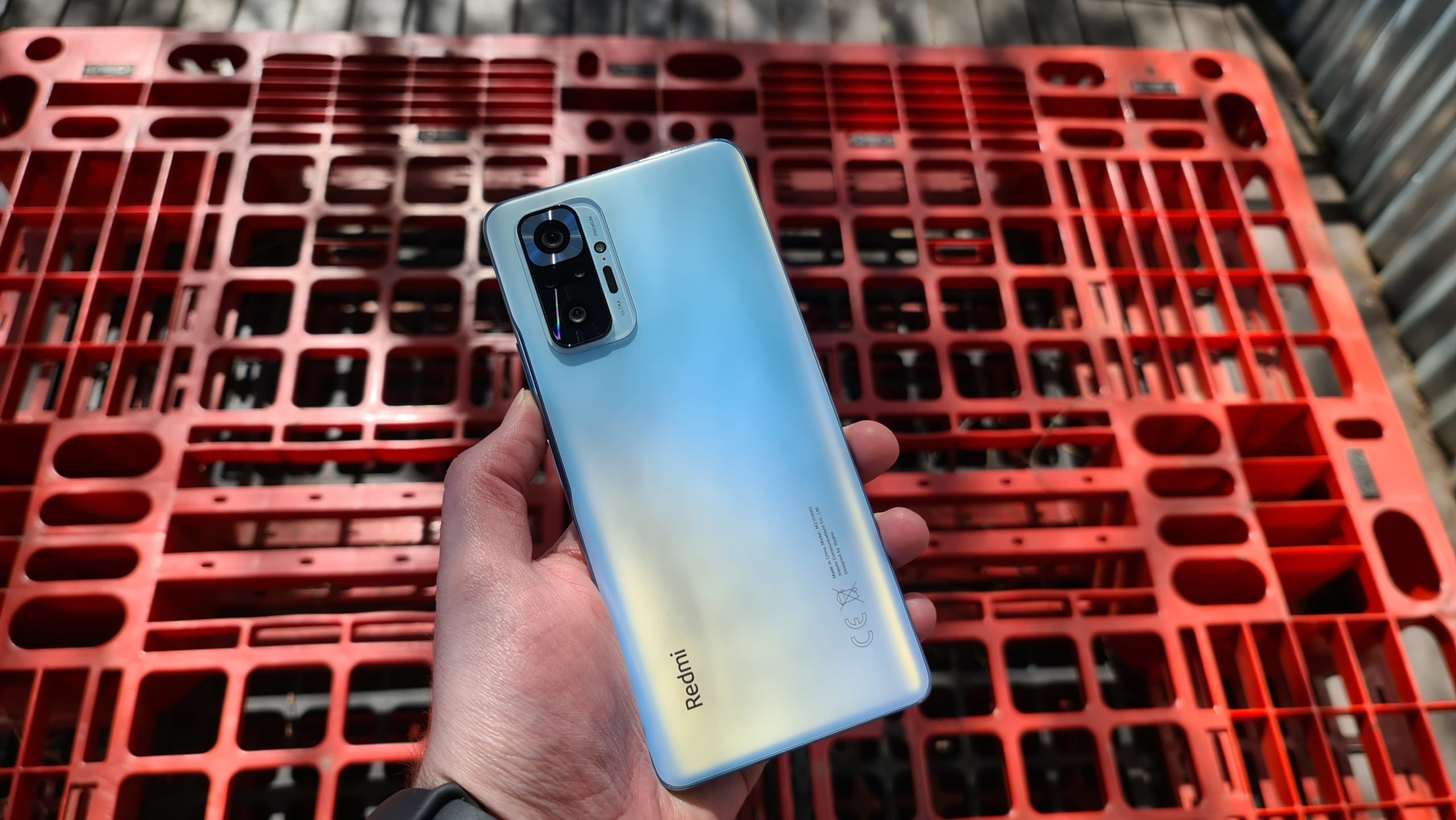 There isn’t too much to complain about with Redmi Note 10 Pro. Sure, it’s missing a few features here and there but those are nice-to-have features, all the must-have features are already present. When you consider the price point, you will struggle to find a better option that can match up with the display, battery and camera performance for the same price. If you’re looking for top-tier performance but only have a mid-range budget, the Redmi Note 10 Pro should be near the top of your list.
There isn’t too much to complain about with Redmi Note 10 Pro. Sure, it’s missing a few features here and there but those are nice-to-have features, all the must-have features are already present. When you consider the price point, you will struggle to find a better option that can match up with the display, battery and camera performance for the same price. If you’re looking for top-tier performance but only have a mid-range budget, the Redmi Note 10 Pro should be near the top of your list.
The Redmi Note 10 Pro is available on contract or purchase through Vodacom for R5 499.

